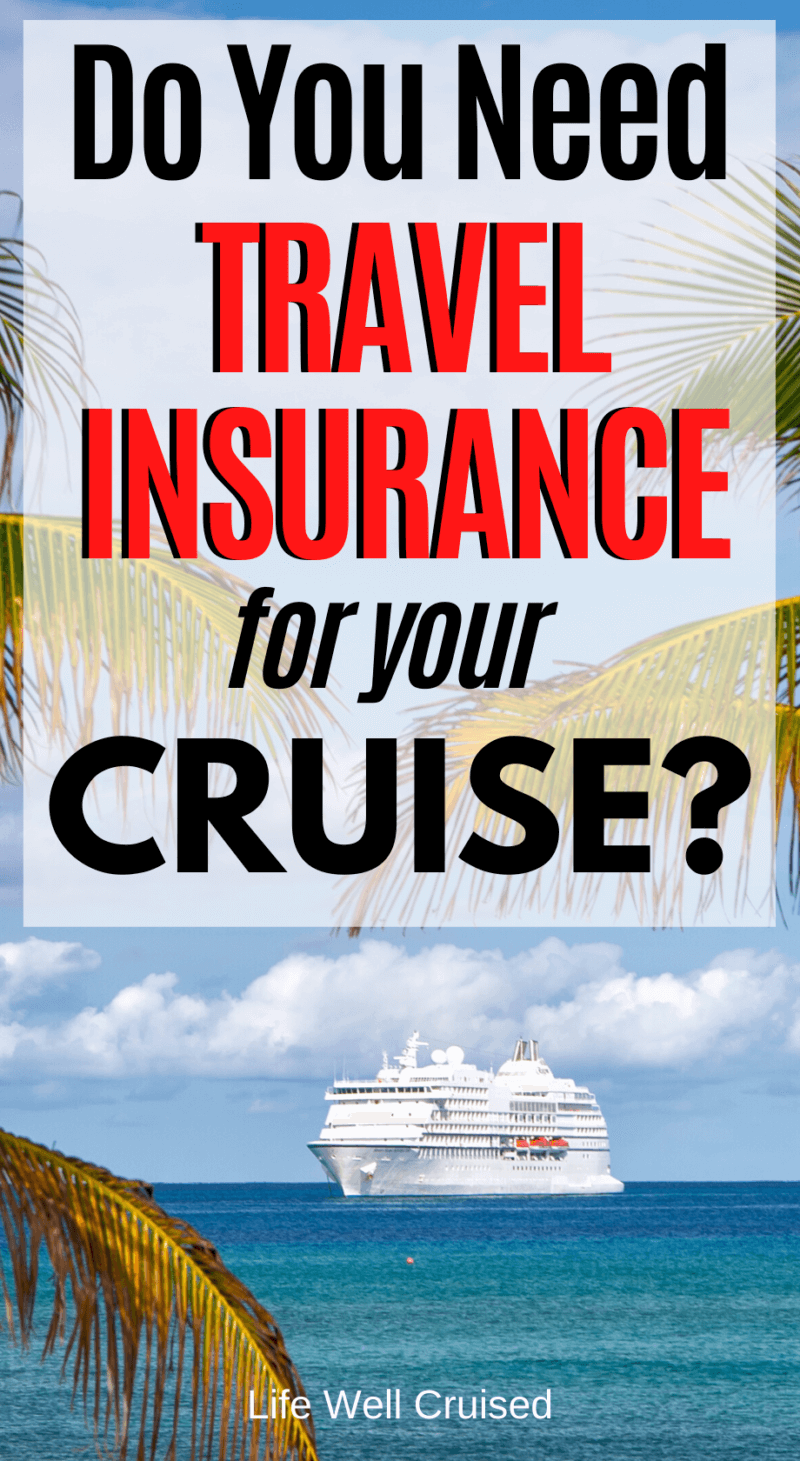Cruising Away: The Lowdown on Cruise Travel Insurance

Are you ready to set sail on the high seas? Whether you’re embarking on a relaxing voyage to the Caribbean or an action-packed adventure to the Mediterranean, a cruise can be a fun and exciting way to travel. However, before you embark on your journey, it’s essential to consider the unexpected twists and turns that life might throw your way.
That’s where cruise travel insurance comes in – a vital safeguard that can protect you from financial losses in case of unforeseen events. In this article, we’ll delve into the ins and outs of cruise travel insurance, so you can make informed decisions and enjoy your voyage with peace of mind.
Why You Need Cruise Travel Insurance
While cruises are generally a safe and enjoyable way to travel, there are risks involved that you should be aware of. Here are a few reasons why cruise travel insurance is crucial:
- Trip cancellations or interruptions: If you’re forced to cancel or interrupt your trip due to unforeseen circumstances such as illness, injury, or natural disasters, cruise travel insurance can compensate you for your losses.
- Medical emergencies: Medical care on a cruise ship can be expensive and may not offer the level of care you’re accustomed to. Cruise travel insurance can cover medical expenses and even evacuate you to a hospital on land if needed.
- Travel delays: Flight delays or cancellations can cause you to miss the departure of your cruise. Cruise travel insurance can help you catch up with your ship or cover the cost of accommodations and meals while you wait.
- Lost or stolen luggage: If your luggage goes missing or is stolen during your trip, cruise travel insurance can reimburse you for the loss or damage.
What to Look for in a Cruise Travel Insurance Policy
Not all cruise travel insurance policies are created equal, so it’s essential to shop around and compare policies before making a purchase. Here are a few things to look for:
- Comprehensive coverage: Look for a policy that covers a range of risks, including trip cancellations, medical emergencies, travel delays, and lost or stolen luggage.
- Excess (or deductibles): Check if your policy has an excess or deductible, and what it applies to. A lower excess can mean higher premiums, but it also means you’ll have to pay less when making a claim.
- Pre-existing medical conditions: If you have a pre-existing medical condition, look for a policy that covers it. Some policies may require a medical assessment or charge an additional premium for coverage.
- Shipboard and onshore activities: If you plan to participate in activities such as snorkeling, scuba diving, or even just exploring ports of call, ensure your policy covers these risks.
How Much Does Cruise Travel Insurance Cost?
The cost of cruise travel insurance varies depending on several factors, including:
- Age and health: If you’re older or have pre-existing medical conditions, you can expect to pay more for your policy.
- Destination and duration: Cruises to high-risk areas or those that involve high-risk activities may be more expensive to insure.
- Policy features and limits: The level of coverage and the excess or deductible will impact the cost of your policy.
As a general rule of thumb, you can expect to pay between 5-10% of your trip’s total value for cruise travel insurance.
Tips for Buying Cruise Travel Insurance
- Buy from a reputable provider: Look for a well-established insurance provider with a good reputation and a proven track record of claims handling.




